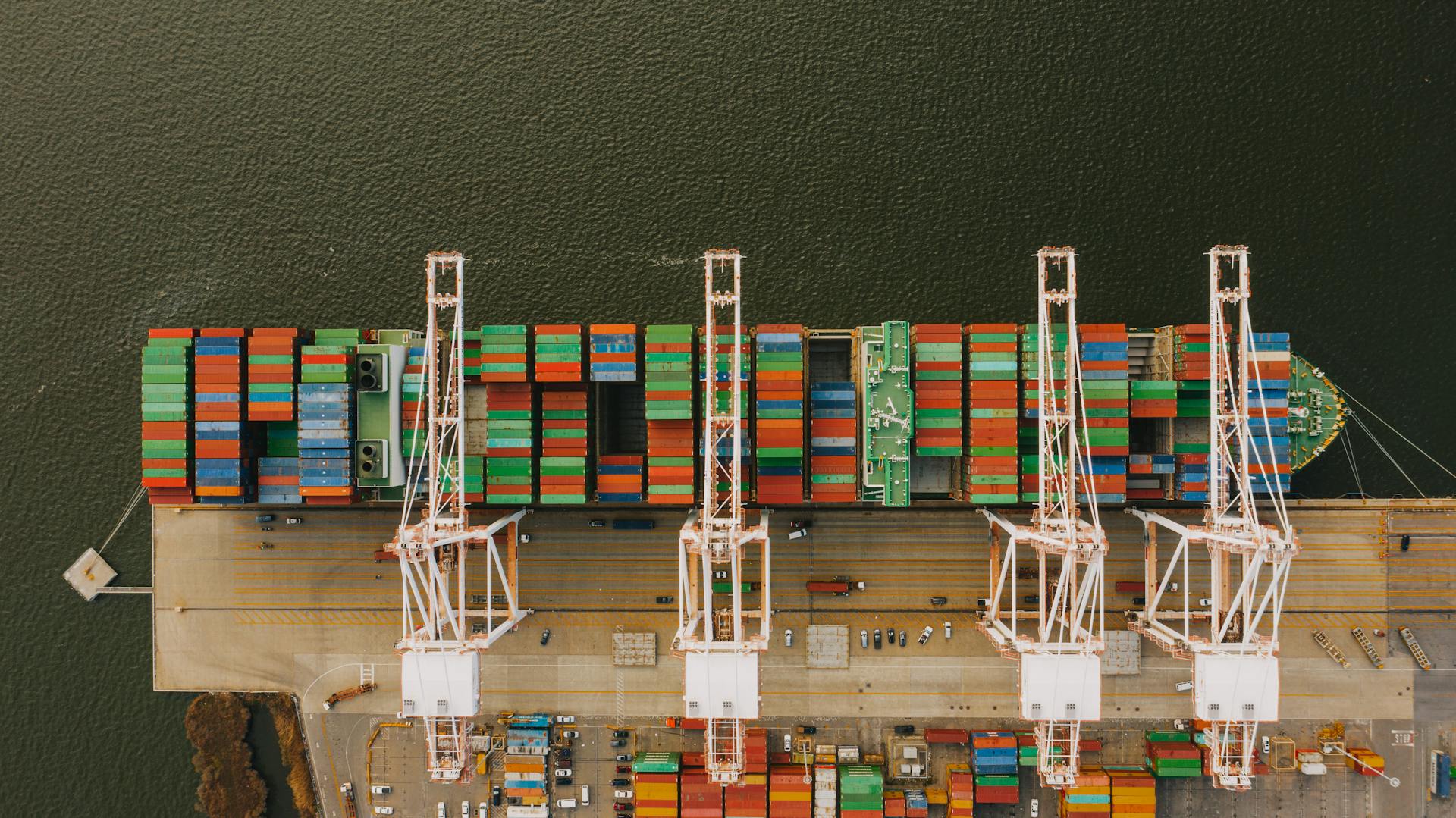
When it comes to sourcing anything, it’s always prudent to know and understand the product well (in this case Cinnamon), to understand the market you’re catering to, your supplier, and the purchasing power of your customers, and so on. This information could be critical when making bulk purchasing decisions -and that’s not just for cinnamon. In this piece, we’ll go over some of the top questions you as a wholesale (B2B) buyer could ask, when sourcing cinnamon in bulk.
A key aspect in the sourcing game isn’t always about buying the cheapest product there is in the market, rather it’s about buying smart, a product that aligns with your brand, whether you be a hotel, a restaurant, a retailer, a food manufacturer, a spice distributor, or you’re simply interested in a white-label cinnamon solution in the Kingdom of Saudi Arabia or the broader Middle-East and North Africa.
It’s also critical you build sustainable relationships with suppliers, as excellent B2B networking with suppliers could perhaps help in securing long term supply contracts, with shorter lead times for sourcing good quality premium Cinnamon, and better intelligent pricing. And thereby ideally maximize profitability for sourcing, and selling Ceylon Cinnamon.
So let’s get into it. Here are some top questions B2B customer could ask, when sourcing cinnamon wholesale…
- What type of Cinnamon is this?
- Where is this cinnamon coming from? What is it’s origin?
- What quality grades do you offer?
- What is the shelf life and storage requirement?
- What are the packing options?
- What are your pricing and minimum order quantities?
- Can you guarantee consistency and timely delivery?
1. What type of Cinnamon is this?
Cinnamon has different varieties. Two popular varieties that are talked about quite a bit are the Ceylon Cinnamon variety and the Cassia Cinnamon variety. Ceylon Cinnamon () is said to be more “delicate” in flavour, while Cassia is said to be harsher or more bolder. There are other differences that people talk about that you can read here.
Some follow up questions to this could be:
a) Is your cinnamon 100% Ceylon, Cassia, or a blend?
b) How can you verify its authenticity?
2. Where is this cinnamon coming from? What is it’s origin?
Ceylon is the old name for Sri Lanka. And while Ceylon Cinnamon is said to also be grown in some parts of India, Sri Lanka is commonly thought to be the biggest exporter of Ceylon Cinnamon to the world. Here’s a piece on where Ceylon Cinnamon comes from.
3. What quality grades do you offer?
Ceylon Cinnamon comes in different grading standards. Some of them include Alba, C5, C4, etc. Follow up questions to this could include:
a) Can you share samples or lab reports to verify quality?
4. What is the shelf life and storage requirement?
Cinnamon is bark-matter. And like any other bark, deteriorates over a period of time. How fast it deteriorates can of course be influenced by how it’s stored, it’s shelf-life, and so on. Why this matters to you as a B2B wholesale buyer can be crucial in managing large inventories of a spice like cinnamon, and can also hugely affect profitability. The price of storage per square meter at a warehouse can be influenced by real estate prices, weather, and so on.
A follow up question to ask could be:
a) What are the recommended storage conditions?
5. What are the packaging options?
Whether you’re storing in bulk, or whether you require customised white-label packaging, it’s important to ensure that the packaging is of excellent quality and aligns with your business’ needs. Seylany can provide bulk packaging or retail-ready options to fit various use-cases. Proper packaging may better ensure that the cinnamon perhaps maintains some of it’s freshness and is not contaminated by external factors such as dust, dirt, or even other spices stored in the same location.
6. What are your pricing and minimum order quantities?
Good intelligent pricing and MOQs (minimum order quantities) can directly affect/effect your profit margins. Especially when buying in bulk, transparent communication about costs, can help you make better decisions with regards to product off-take, business scalability and so on.
Some questions you can follow up with could include:
a) What is the price per kilogram for different grades?
b) What is your minimum order quantity, and do you offer better pricing for larger volumes?
7. Can you guarantee consistency and timely delivery?
Consistency in product quality and timely delivery are critical for businesses that need or rely on good cinnamon for production or retail. When making B2B purchasing decisions, it’s a good idea to know if the supplier can guarantee these, as they’re factors that can affect so many other decisions you’ll have to take whether you’re buying for retail purposes or production. An important follow up question to ask is:
a) What is your lead time for bulk orders?
…
When buying/sourcing cinnamon wholesale, it’s an important decision that isn’t only about cinnamon as a product or commodity. There’s trust that is built, quality that is discussed and ensured, and also the adhering to the recognised trade standards, especially in the country you’re sourcing to, whether that be across the Middle-East, or just the Kingdom of Saudi Arabia, and or anywhere else you want to import to.
Especially a product that is imported from outside the Middle-East, it’s important to identify reliable suppliers, and work with veterans who can help B2B customers like yourself to navigate the complexities of the spice trade, and bring some of the best cinnamon to the market. If you’re in the market for buying premium premium cinnamon, remember the details and who you work with matter.
